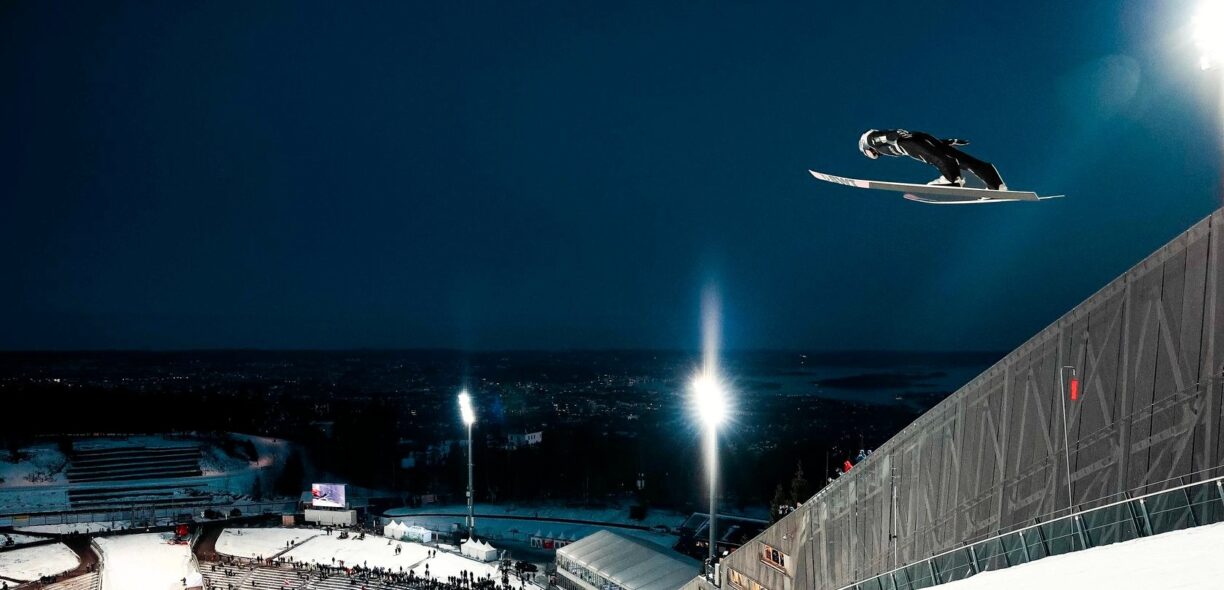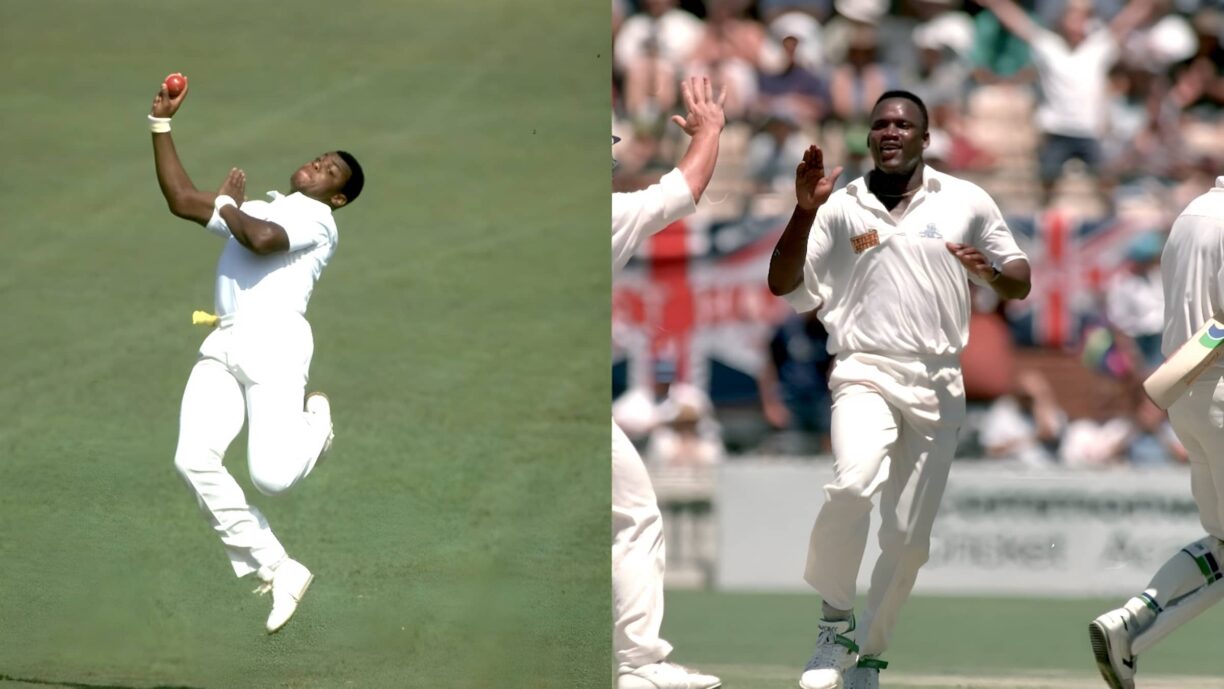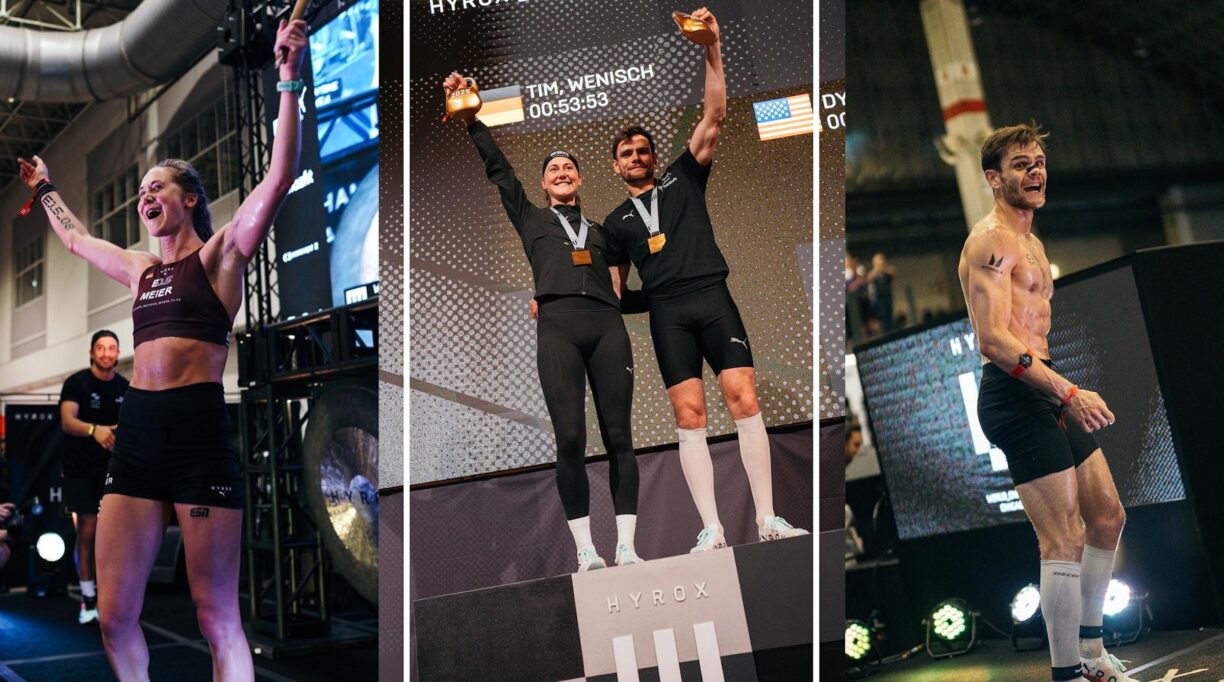The Hurlingham Polo Association has spent a century and a half prescribing how the world should swing a mallet, and it still refuses to let the grass grow under its ponies’ hooves.
As the game’s high-goal season canters into Great Britain this month, the venerable governing body is celebrating its 150th birthday by tearing up the cliché that history breeds complacency.
A landmark season with fresh legs and fresher ideas
If you think polo is stuck in sepia-tinted postcards of Edwardian picnic hampers, think again. Since 2022, CEO Anna Hall has driven what she calls a “transformative journey,” professionalising everything from pony welfare to player pipelines while keeping the sport’s champagne sparkle.
She’s flanked by new chairman and 50-cap England veteran Will Lucas. Together, they’ve pushed rule tweaks, new match formats and the sort of outreach that might even coax your average five-a-side footballer into riding breeches.
Hall’s frank assessment of the milestone is typically self-deprecating yet bullish: “Everyone involved in the British polo community should feel very proud of reaching 150 years – some 20 polo associations around the world also look to us for guidance today.
It is testament to the dedication and passion of everyone from the players, coaches, and grooms to the clubs and supporters who have helped us reach this landmark.
We also honour the skills and talent of the thousands of horses that have always been, and continue to be, the cornerstone of our sport.”
From Persia to Princes: a whistle-stop tour of 2,600 years
Polo’s origins gallop back to 6th-century BC Persia. Fast-forward to 1875 and the first official rulebook rolled off the HPA printing press, giving the sport the codified backbone it still uses today.
Two chukkers later (well, 150 years), 20 international bodies keep time with that rulebook, proof that Britannia’s offside flag still flutters over the game.
Polo remains the only pastime where a 37-mph equine missile and a chilled Pimm’s can coexist without the need for a helmet bar. And unlike some stick-and-ball sports he’s covered, gender equality isn’t a future aim—it’s an existing condition. Men and women share the same field, the same ponies, and occasionally the same bruises.
The Performance Pathway: breeding tomorrow’s Beresfords
The jewel in Hall’s youth-development crown is the HPA Performance Pathway, launched in 2023 for 15- to 21-year-olds. Five graduates already wear the England shirt, and a staggering 35 percent of current HPA members are under 30. It’s like spotting a foal in the paddock and realising it might win the Gold Cup at Cowdray in four seasons’ time.
Nurturing the next Nina Clarkin—polo’s only woman to lift the British Open—or another Tommy Beresford, who last year became just the fifth Englishman since World War II to reach an eight-goal handicap, isn’t cheap.
But the HPA’s new 4 Goal Super League (think Champions League for up-and-coming stickmen) lets low-handicap hopefuls play on hallowed turf without needing oligarch-level backing.
Groom Apprenticeships: the unsung heroes finally get a spotlight
Behind every thunderous ride-off is a groom who taped the pony’s legs at dawn. The HPA plans to pilot a Groom Apprenticeship Scheme that will qualify ten fresh grooms a year by 2028.
Long-term employment, equine-welfare education—add a toolbox of transferrable skills and the sport suddenly looks far more democratic than its silk-scarf stereotype.
Fittest athletes you’ve (probably) never googled
Yes, the ponies weigh 600 kilos and look like they do all the legwork, but the Institute of Sport, Exercise and Health begs to differ.
Their recent assessment crowned professional polo players “some of the physically fittest, in terms of aerobic capacity when compared to athletes from many other Olympic or professional sports.”
Imagine hurtling along at 37mph, reins in one hand, mallet in the other, all while trying to smack a ball barely bigger than a grapefruit—on horseback, no less, and leaning so far off the saddle you’d swear gravity was taking the day off. And then you do it again. And again. For seven frantic minutes at a time. It’s chaos, it’s skill, it’s sheer athletic grit.
Equine welfare: science in the saddle
Public perception matters, especially when the athletes eat hay. The Hurlingham Polo Association underwrote an in-depth study of public attitudes to equestrian sport and horse welfare earlier this year and is now working with Hartpury University to establish a baseline of welfare knowledge inside polo.
If your notion of horse-care stops at sugar lumps, the HPA’s data-driven approach should be the spoonful of science that reassures spectators and sponsors alike.
Free-to-watch thrills—no monocle required
Still think polo is a gated garden party? Outside the marquee internationals, most matches across clubs in London, Berkshire, Gloucestershire, Sussex, Oxfordshire, Yorkshire, Cheshire and Scotland cost less than your morning flat white—many are free.
Pack a picnic, borrow a pair of binoculars and you might just witness the next eight-goal phenom before the rest of the world can pronounce “chukker.”
Dates for your 2025 diary
- Polo in the Park International: England v Argentina – 6 June – here
- Cartier Queen’s Cup Semi-Finals – 11 June – here
- Golden Jubilee International: England v USA – 14 June – here
- Cartier Queen’s Cup Final – 15 June – here
- Women’s International for the Silver Jubilee Trophy: England v France – date tbc
- British Open Gold Cup Semi-Finals and Final – July
- International Day for the Coronation Cup: England v Brazil & Whitbread Tankard: England v Argentina – 26 July – here
Between those headline acts, clubs host daily fixtures that offer the kind of sideline intimacy you won’t get at Wembley.
If you’re lucky, an errant ball might even land in your picnic, though one would advise keeping one eye on the action and the other on your strawberries.
A future forged in tradition
Hall’s vision remains clear: “Since I took the helm, we‘ve focused on both professionalising the sport and making it more accessible – I’m particularly proud of our commitment to nurturing the next generation of talent with schemes such as the Performance Pathway and this year delivering initial work on groom apprenticeships.
We can all also feel proud of, and support, our England teams – frequently amongst the best in the world alongside Argentina and the USA. We are highly committed to leading the way in ensuring the best for our horses.”
And as any commentator who’s watched a last-minute 60-yard penalty sail between the posts will attest, polo’s beauty is that one thundering play can turn the tide faster than you can uncork a bottle of Bolly.
“Polo is the only team sport in which any combination of men and women can pit their skills against each other on equal terms, it’s superb for fitness, it’s incredible to watch and during the main British season – from May to September – it makes for a great day out with many club games free to spectate.
The HPA welcomes new members to help us enjoy, celebrate, and promote our sport – and we’re poised to share our plans to take us forward for future decades, and beyond.”
So here’s to the next 150 years of the Hurlingham Polo Association: may the ponies stay fleet, the divots stay small, and the commentary stay as colourful as a Feherty punchline.
If polo’s not yet on your sporting bucket list, saddle up—this anniversary season is galloping straight at you.
Want to learn more about the HPA? Click here for a closer look.





